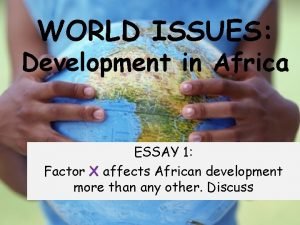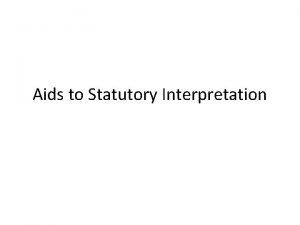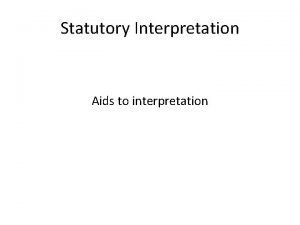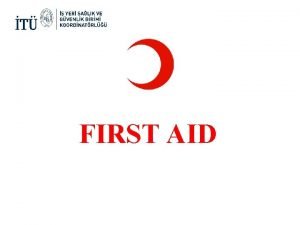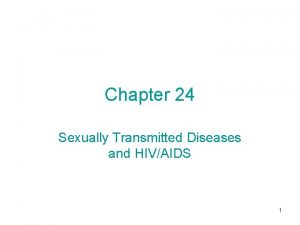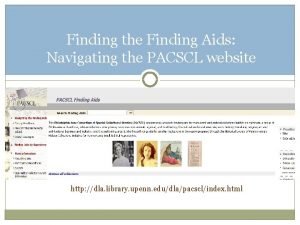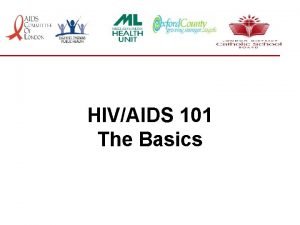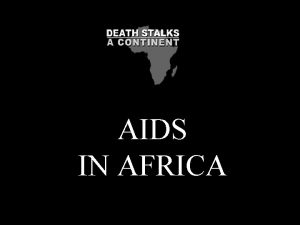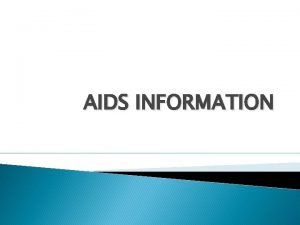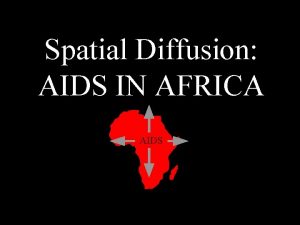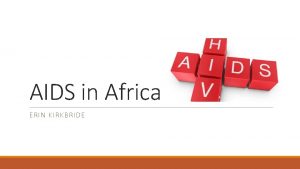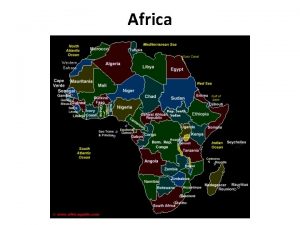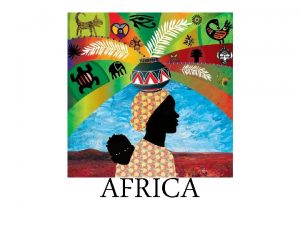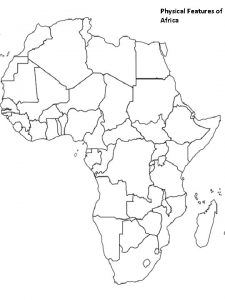AIDS IN AFRICA l AIDS is ravaging Africa























- Slides: 23

AIDS IN AFRICA


l AIDS is ravaging Africa, but Africans are fighting back. Nowhere is the struggle more intense than in southern Africa, where adult infection rates can run as high as 36 percent of the population.


One month before her death, this AIDS victim confronts the camera's stare. Open about her HIV status, 29 -year-old Samkelisiwe had taken part in AIDS education events near her home in South Africa's Kwa. Zulu/Natal Province. Her parents had sent her to live with a traditional healer in the hopes of reversing symptoms associated with the disease, but nothing could be done. Samkelisiwe died on Jan. 20, 2001, leaving one son.


l Mzokona Malevu is held by his father while his brother makes his bed in the two-room shack the family shares with 22 other people in a South African squatter camp. Mzokona, 29, was on the verge of death at the time of this photo in October 2000. Though desperately poor, his family still managed to provide him with excellent care. Mzokona's situation is typical throughout Africa. With hospitals and care centers in short supply, families act as primary caregivers, stepping in to look after children or simply easing the difficulties of daily life as best they can.


l Thirteen-year-old Placidia Karugendo, severely ill with an AIDS-related skin infection, is watched over by her brother at their home near Bukoba in northwest Tanzania. Placidia contracted the disease when she was two years old after receiving a blood transfusion from her parents to combat mararial anemia. At the time of this shot, Placidia's father had died from AIDS and her mother was very ill from the disease. Africa is home to more than 80 percent of the children living with HIV in the world.


l Highly respected members of African communities, traditional healers are often sought out for cures for AIDS. Here, traditional healers attend a class in Bizana, South Africa that teaches them to counsel the HIV-positive on the importance of condom use. And that the disease is incurable - an unknown fact for many HIVpositive African males, who sometimes believe that sex with a virgin female will rid them of AIDS.


l Twins Patrick and Eric Nyauga, 13, sit with their mother, Faustina, as she lies in the final stages of AIDS. In Africa, orphanages and foster care not commonplace. If a single parent is unable to cope, it is usually grandparents who take care of the orphaned young. Those children without a supportive family face an uncertain future. Abandoned children may take on menial jobs and often resort to begging for food to survive. Often, a life of crime follows. As of 2000, there were about 12 million AIDS orphans in sub-Saharan Africa.


l A whopping 63 percent of the patients in this hospital in South Africa's Kwa. Zulu/Natal Province had tested positive for HIV when this photo was taken in March 2000. The stress of nursing so many terminally ill patients tells heavily on the staff, says Dr. Pieter Haselau, hospital director. Nor are the patients the only ones struggling with HIV. Each month, Nquelezana Hospital loses one to three staff members to the disease, a powerful testament to the epidemic's hold in South Africa. By the year 2010, South Africa's Gross Domestic Product is expected to be 17 percent lower than it would have been in the absence of AIDS, according to an ING Barings Bank study.


l Schoolchildren in an anti-AIDS club in Lusaka, Zambia perform a small play about a girl becoming infected with HIV. ItÕs a grim reflection of reality in Lusaka, where recent research has shown that 12 percent of 15 and 16 -year-old female students test positive for HIV. As elsewhere in southern Africa, to respond to the crisis, many schools in Zambia now offer Anti -AIDS clubs as an afternoon activity to build awareness.


l Though awareness of HIV and AIDS is widespread, the social stigma often lingers on. When Gertrude, pictured here outside her shack in Durban, South Africa, developed HIV in 1996, her family kicked her out of the house. "I had nowhere to live so Theresa, a home-care volunteer, helped me to build this shack where I live by myself. " Though she admits she is scared sometimes at night as she lies alone, Gertrude is determined to survive. She fetches water for herself, making multiple trips with bearable loads. Gertrude speaks at industry and community events hoping to educate people about AIDS.


l In Tanzania, Joseph Gabriel and his mother, Dorika, pray for guidance with a visitor from WAMATA, an organization that counsels HIV-positive Tanzanians. Stricken as a teenager preparing for college, Joseph spent his days sitting outside his house, reading the Bible and talking to passers-by. But he did not complain. "My life is rich, " Joseph said. "My belief in God makes me happy and I have the love and care of my family. "


l Family members place 45 -year-old Sipho Gamede's body into a coffin in South Africa's Kwa. Zulu/Natal Province. Sipho had asked to have an "AIDS educational funeral" so that his death might help to educate his extended family and community. Modeled on the South African tradition of political funerals, AIDS educational funerals are used to discuss the importance of HIV prevention. South Africa has Africa's highest number of AIDS -related deaths: 240, 000 per year.
 Aids africa essay
Aids africa essay Visual aids in airport
Visual aids in airport Intrinsic aids
Intrinsic aids Use of epidiascope in education
Use of epidiascope in education Noscitur a sociis
Noscitur a sociis Muir v keay
Muir v keay An objective of first aid
An objective of first aid Powell v kempton park racecourse
Powell v kempton park racecourse Chapter 24 sexually transmitted diseases and hiv/aids
Chapter 24 sexually transmitted diseases and hiv/aids Potty training visuals
Potty training visuals Define ergogenic aids
Define ergogenic aids Pacscl finding aids
Pacscl finding aids Selection of audio visual aids
Selection of audio visual aids Audio learning resources
Audio learning resources Narrative presentation
Narrative presentation Science staar supplemental aids
Science staar supplemental aids Aac aids
Aac aids Aids 101
Aids 101 For military
For military Disadvantages of flip chart
Disadvantages of flip chart Vdoe math aids
Vdoe math aids Instructional aid examples
Instructional aid examples Non projected visuals
Non projected visuals Basketball player aids
Basketball player aids
